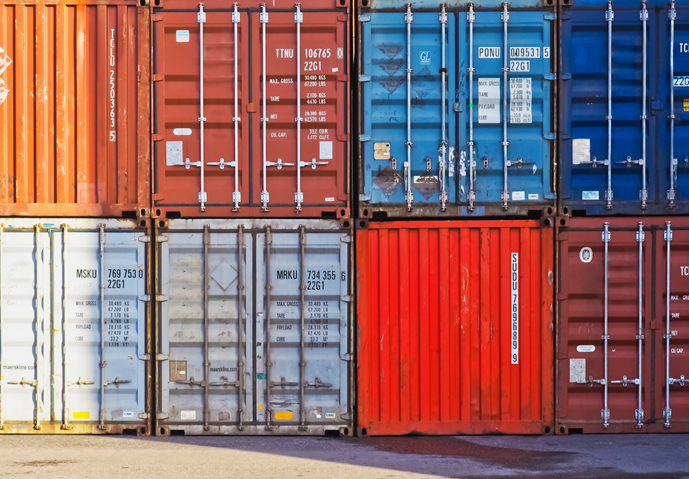Shipping containers play a vital role in logistics, with the market expected to be worth $15.83 billion by 2028. However, rather than buying one of these costly containers, you may prefer to rent one from a supplier.
But what factors should you take into account when renting a shipping container? If you don’t know what elements to consider, you could end up paying a significant amount of money for a container that doesn’t meet your needs.
While your ideal shipping container will depend on many variables, there are 8 crucial aspects that can help you make the right choice.
Keep reading to find out more.
1. Shipping Container Size
If you rent a shipping container that is too small, you may have to make extra journeys before all your goods are at their destination. But, if you hire a storage container that is too large, you could be paying for empty space that isn’t required.
In addition, a smaller unit may mean that your products are packed too tightly, leading to squashing and scuffing. In contrast, goods that are able to move around within a container that is too large could suffer damage if they slide into the walls or even into your other packages.
Therefore, it’s important to measure your goods to determine precisely how much space you’ll need before renting a shipping container.
2. Shipping Container Condition
Shipping containers can suffer wear and tear, and this may not be an issue if this is minor. However, if there are holes in the structure, or you notice excessive rusting, this could leave your goods vulnerable to the elements.
You may also want to check if the interior materials such as wood or plastic are in good condition. If not, this could also lead to your products suffering unnecessary harm.
3. Access Options
When you rent a shipping container, your initial thoughts might be focused on how you will load your goods. While this is an important point, you may also want to consider how your products can be unloaded at the end of their journey.
For example, it might be easier to gain access to your merchandise if there are doors at both ends of the storage container. Or, having side doors may be a good solution that can save time and energy when unloading.
Thinking about these aspects at an early stage could make the loading and unloading processes go much more smoothly.
4. Temperature Control
Depending on what you’ll be transporting in your storage containers, you may need a temperature-controlled unit. This could be the case if you’re moving items such as wine, art, or musical instruments.
Not all shipping containers come with this functionality, so it’s a good idea to clarify this point with the rental company before you pack your goods into the unit.
5. Accessories
When you rent storage containers from a top-class company, you can pick from a range of accessories to ensure your container meets your needs. For example, you could install shelf kits for storing smaller items, or add vents that can reduce heat and condensation inside the container.
You may also choose to add a pipe rack storage system for transporting longer materials. This can be a great way to design your container, so it can safely hold your products throughout the journey.
6. Rental Period
When learning how to rent a shipping container, you should consider the contract length. If you only need a storage container for a short period, the last thing you want is to be paying for the unit while it isn’t in use.
However, you should also ask if there are penalty clauses if you don’t return the container on time. In this scenario, you may prefer to pay for a longer period rather than risk your container being delayed during its journey and incurring hefty fees.
7. Shipping Container Security
You’ll expect your goods to be secure when they are in a shipping container, and you can inquire how this is achieved before you rent a unit. For example, you can ask if the shipping container rental company provides containers that have padlocks, secure lockboxes, or even a puck lockbox for added security.
You could also check where the container will be kept when it’s not in transit. This could be in a fenced-off yard that’s protected by security guards and CCTV cameras.
Knowing that your products are safe can give you peace of mind while your goods complete their journey.
8. Rental Cost
Although you’ll be keen to get a high-quality storage container, you also won’t want to pay more than is necessary. Ask a rental company about their rates for different types of containers, and check if any discounts are available.
You may also find some companies have periods when their containers are not in as high demand as during the rest of the year. They may then be willing to give you a cheaper quote rather than have their containers sitting empty.
Plan Ahead When Renting a Shipping Container
Renting a shipping container can be a straightforward way to get your goods to their next destination. Before signing a contract, remember to check the container’s size and confirm it hasn’t suffered any serious damage. It can also help to ensure your preferred container allows easy access, and that the contract length is suitable for your requirements.
You can then look forward to transporting your products from A to B with minimal hassle.
If you’ve found this shipping container post helpful, be sure to read more of our excellent blog articles before you go.











